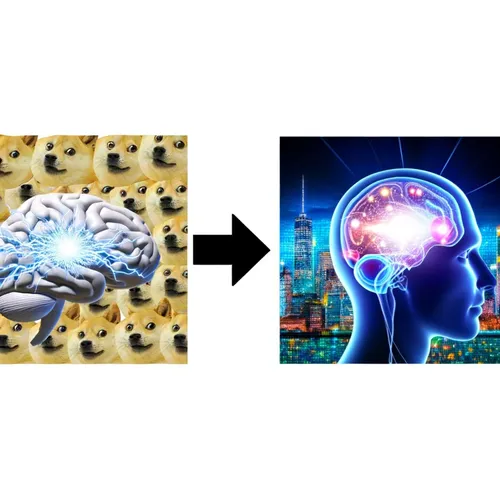DOGE Department Revolutionizes Government Efficiency with Radical Cost Cutting and Controversial Management Strategies
- Author
- Quiet. Please
- Published
- Thu 17 Apr 2025
- Episode Link
- https://www.spreaker.com/episode/doge-department-revolutionizes-government-efficiency-with-radical-cost-cutting-and-controversial-management-strategies--65615082
Gov Efficiency Beyond Meme: DOGE Thinking Work?
Listeners, the Department of Government Efficiency, better known as DOGE, has moved from meme status to one of the most disruptive forces in the federal government in 2025. Created by executive order on President Trump’s first day back in office, DOGE is led by Elon Musk and is an explicit nod to Dogecoin—the meme cryptocurrency Musk helped popularize. But beyond the internet jokes, DOGE has aimed for rapid, radical re-engineering of U.S. government operations, claiming to root out waste, cut costs, and modernize technology[1][2][8].
In the past three months, DOGE reports it has saved billions by terminating hundreds of contracts, slashing overhead on university research grants, and forcing daily justifications for $700 million in payments to pinpoint questionable spending[3]. The IRS alone claims over $2 billion saved from canceled or renegotiated outdated licenses. The Energy Department has capped grant overheads, directing hundreds of millions more each year toward actual research instead of administrative costs. In one recent week, DOGE dissolved the Federal Consulting Group, axed over $200 million in “wasteful” contracts—including $250,000 for a circadian lighting pilot—and praised agencies for purging bloat[3].
Yet, as the cost-cutting drama unfolds, critics warn that the savings touted by DOGE may be illusory or outweighed by unforeseen costs. Layoffs have soared, with over 62,000 federal workers dismissed in just two months—a staggering forty-thousand percent increase from last year—resulting in massive administrative leave and severance bills[9]. Legal battles mount, with courts reinstating workers and mandating back pay, while disruptions from gutted IRS enforcement could reduce government revenues by hundreds of billions. Skeptics argue that the rush to efficiency is spawning chaos, inviting lawsuits, risking data privacy, and undermining government functions[9][10].
DOGE is temporary, set to sunset by July 4, 2026, but its impact—whether transformational, costly, or both—has already made American government a real-time experiment in meme-fueled management. As Musk and his DOGE teams press on, the question remains: is this the future of efficient governance, or just a new kind of government spectacle[8][10]?
